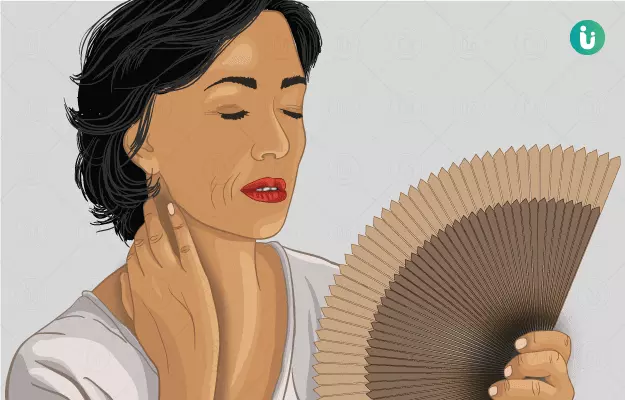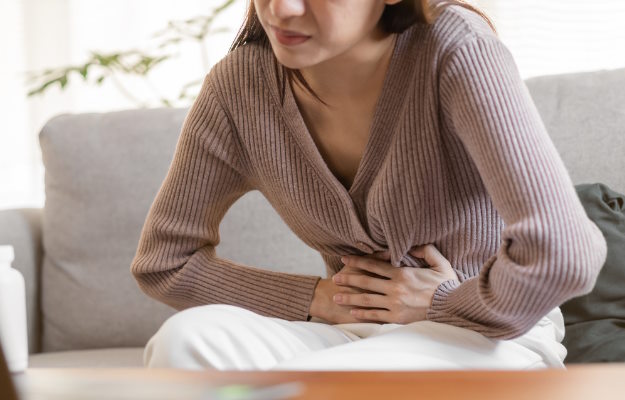Permanent cessation of menstruation is called menopause. For most women, menopause begins around 45 -51 years of age.
(Read more - Early menopause and premature menopause)
Many women think that menopause can make their lives easier because they get rid of the menstrual cycle. Now they can go anywhere without any worry or planning, thinking about those days of the month. But this is not so, when menopause occurs, both physical and mental changes occur in a woman's body. Each woman experiences these changes differently. If these changes are known in advance, it can help in dealing with them in future. So let us know about them -










































